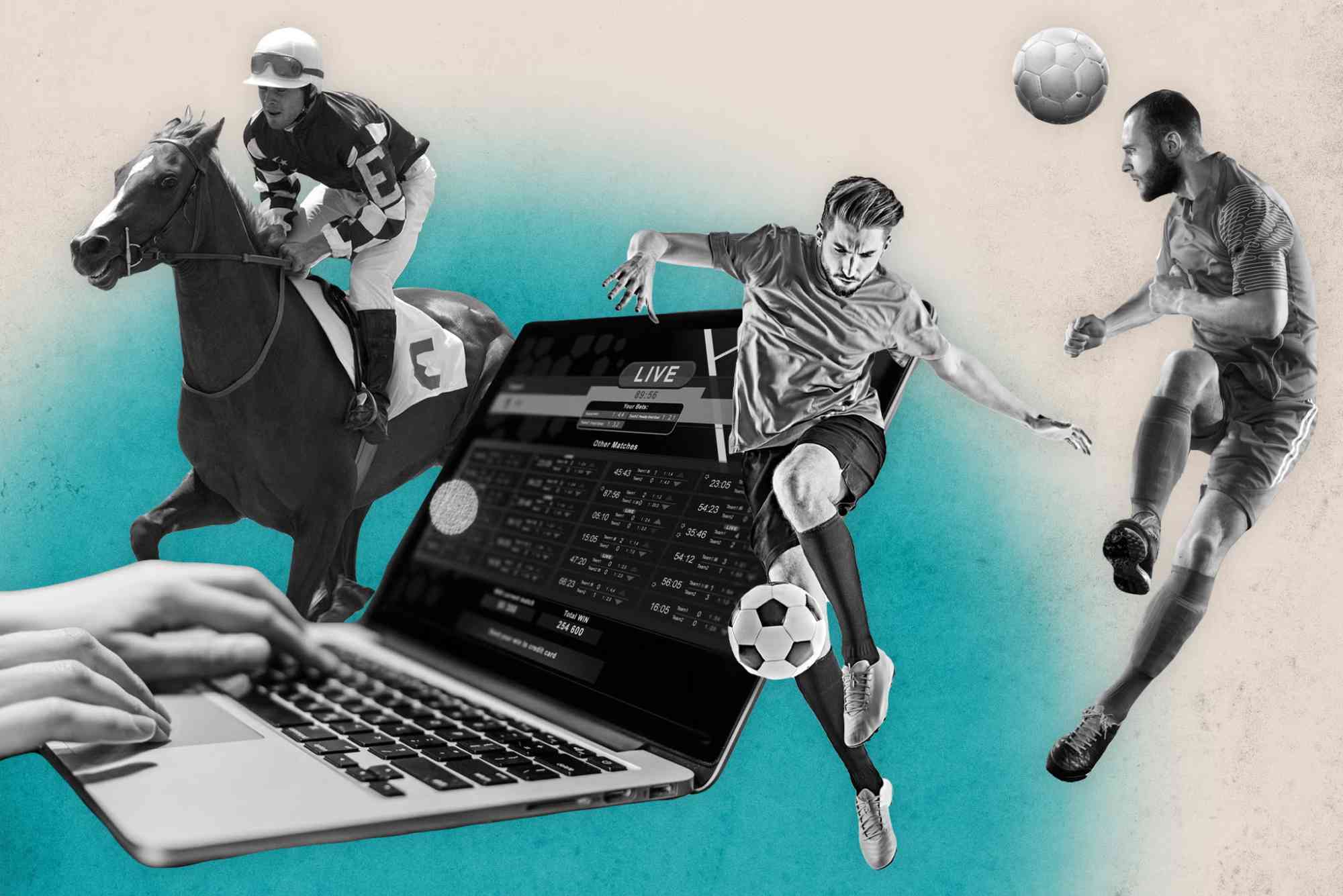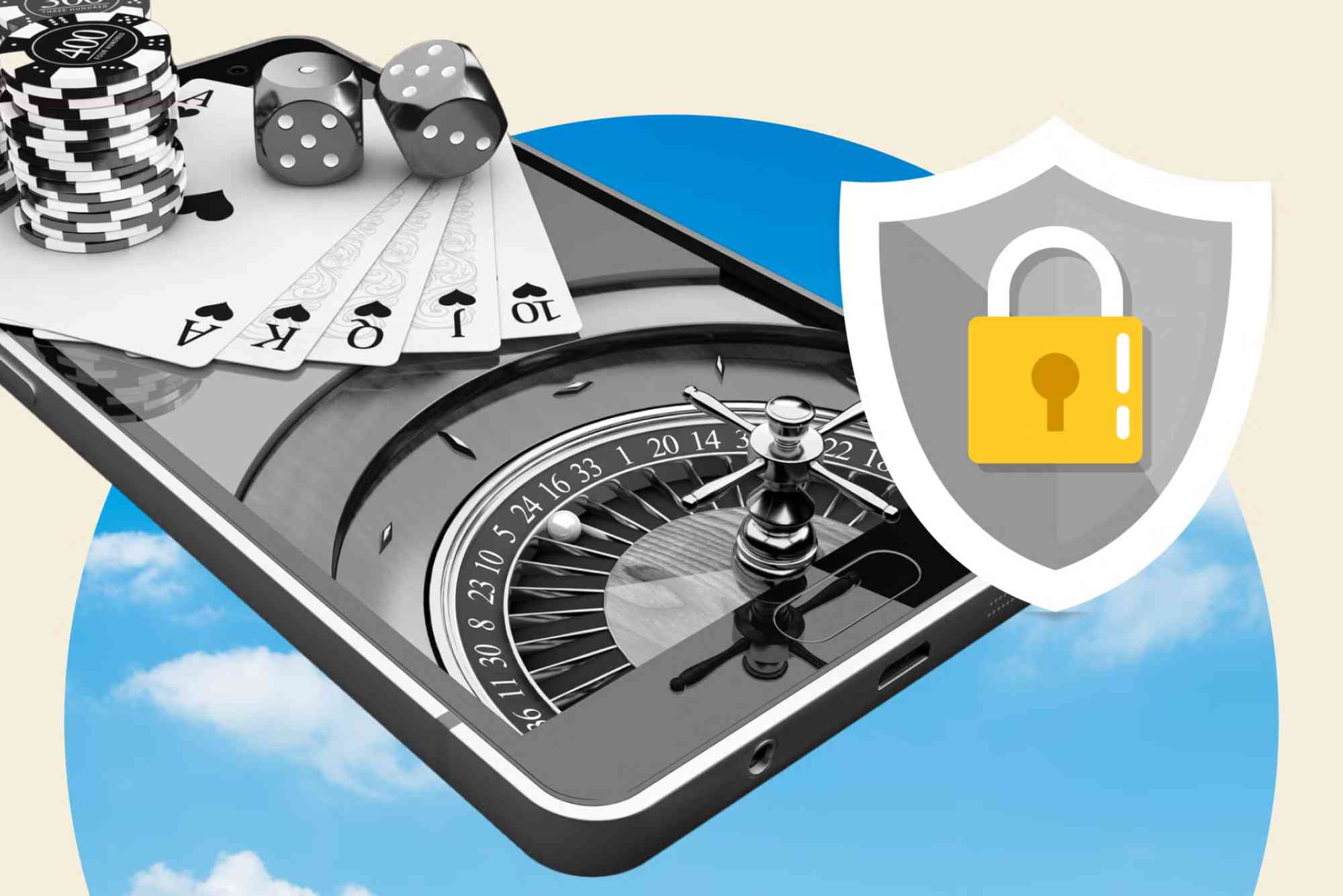Sports betting has always carried an element of unpredictability. The thrill comes from never knowing for sure whether your team will win, the underdog will rise, or the match will take an unexpected turn. Yet in recent years, bettors and analysts alike have begun to wonder: can the mountains of data collected by sportsbooks and statisticians actually predict game outcomes?
It’s a fascinating question. On one hand, modern technology allows us to track every pass, shot, and player movement. On the other, the very nature of sports means anything can happen—from last-minute injuries to unexpected weather conditions. So how far can data really take us when it comes to forecasting results?
The Role of Historical and Statistical Data
One of the most powerful tools in predicting game outcomes is historical data. By analyzing past matchups, team performance trends, and player statistics, bettors can identify patterns that may repeat themselves. For example, a football team that consistently struggles against a certain defensive style is unlikely to overcome that challenge without significant changes.
Advanced statistics have also entered the mainstream. Metrics like expected goals (xG) in football, player efficiency ratings in basketball, or pitching WAR in baseball provide deeper insights than traditional box scores. These metrics are designed to cut through the noise and show whether a team’s performance is sustainable or simply the result of luck.
This doesn’t mean data can predict outcomes with certainty, but it can improve the accuracy of forecasts compared to blind guessing.
How Bettors Use Odds and Market Data
Beyond player and team statistics, sports betting markets themselves provide valuable data. Odds are essentially probabilities expressed by bookmakers, based not only on their models but also on where the money is flowing. If odds suddenly shift in favor of one team, it may indicate insider knowledge, injuries, or strong public sentiment.
Smart bettors monitor these movements carefully. They understand that odds are not static; they adjust to balance the books. Learning to read those signals can provide a strategic edge. Of course, betting markets are also influenced by recreational players chasing favorites, so interpreting odds requires experience.
Interestingly, some bettors explore crossover insights from casino platforms. For example, the way players evaluate variance in slots can inform their approach to risk in sports betting. This is where resources like best slot sites uk often overlap with betting communities, since both deal with understanding odds, variance, and long-term expectations.
The Limitations of Predictive Models
No matter how sophisticated the data model, predicting sports outcomes will always have limitations. Sports involve human players, and human behavior is notoriously unpredictable. A player may underperform due to personal issues, a referee may make a controversial call, or unexpected weather might completely change the flow of the game.
Injuries are another wild card. A team’s chances can shift dramatically if a star player is injured mid-game, something no model can anticipate in advance. Similarly, motivational factors—such as a team fighting to avoid relegation or a player competing against a former club—can affect performance in ways that raw numbers don’t capture.
That’s why even professional bettors who rely heavily on data always factor in qualitative information.
The Rise of AI and Machine Learning
Artificial intelligence and machine learning have pushed sports prediction to new heights. These systems can process enormous datasets far faster than humans and identify subtle patterns that might otherwise go unnoticed. Machine learning algorithms don’t just look at past wins and losses; they evaluate countless variables, from player fatigue and travel schedules to weather conditions and even social media sentiment.
Some platforms have already begun offering AI-driven predictions to users, boasting high accuracy rates. Still, while these tools can improve betting strategies, they are not crystal balls. The randomness of sports means that even the most advanced models will sometimes be wrong.
Practical Applications for Bettors
So, how should everyday bettors use data in practice? The key is balance. Relying purely on gut feeling is risky, but so is blindly following statistical models. Successful bettors combine data analysis with contextual understanding.
For example, data might show that a basketball team has won 80% of its home games this season, but if their star center is injured, that trend loses much of its value. Similarly, a football team with a poor record against defensive sides may still surprise if they’ve recently made a tactical change.
The smartest bettors treat data as one part of a bigger puzzle, using it to inform—but not dictate—their decisions.
Why Data Can’t Replace the Human Element
Sports remain unpredictable precisely because of the human element. The passion, unpredictability, and drama are what make sports compelling in the first place. If outcomes could be reliably predicted, not only would betting lose its excitement, but the games themselves would lose much of their magic.
That doesn’t mean data is irrelevant. On the contrary, it enhances the experience, allowing bettors to make smarter choices and enjoy a more strategic approach. But it’s important to remember that betting is entertainment, not guaranteed profit.
Final Thoughts
Can sports betting data be used to predict game outcomes? To some extent, yes. Historical statistics, market odds, and advanced metrics can all improve your chances of making informed bets. But the unpredictable nature of sports ensures that certainty will always remain out of reach.
In my experience, the best approach is to treat data as a tool rather than a solution. Use it to spot opportunities, avoid common pitfalls, and refine your strategies—but always remember that anything can happen once the whistle blows.
That balance between knowledge and uncertainty is what keeps sports betting exciting. The challenge isn’t eliminating unpredictability but learning how to navigate it wisely.




